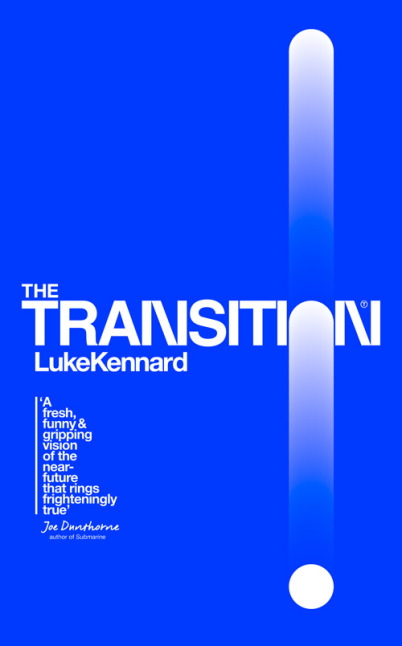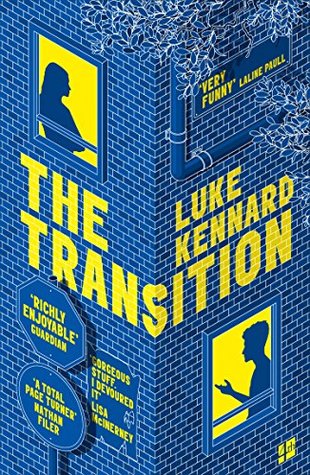What do you think?
Rate this book


328 pages, Hardcover
First published March 9, 2017
 http://www.bbc.co.uk/programmes/b08crt6p
http://www.bbc.co.uk/programmes/b08crt6p As with the real life transition, the behaviours here are straight out of the Machiavellian playbook - gas-lighting, dividing to conquer. Yep, this is not enjoyable at all, yet when have we been too squeamish to entertain the ugly?
As with the real life transition, the behaviours here are straight out of the Machiavellian playbook - gas-lighting, dividing to conquer. Yep, this is not enjoyable at all, yet when have we been too squeamish to entertain the ugly? 